Once again, Prime Minister Viktor Orban may deliver a powerful speech at next Saturday's Tusvanyos Free University, where - if he keeps his word - he will outline Hungary's prospects not until 2030, but as far as 2040.
This year marks the 33rd Tusvanyos (Băile Tușnad) Free Summer University and Student Camp. This year's event entitled "On a Better Path" will be held from July 23 to 28 and likely focus on public and cultural issues. However, as usual, the economy will also feature on the agenda. Although during the five-day event the Szell Kalman Tent will be the permanent venue for today's pressing and controversial issues, it is PM Orban's speech on Saturday that's likely to bring the most excitement.
This is primarily because last year PM Orban gave his assessement of trends and developments in a much more difficult context: although inflation was already decreasing, it was still in the double-digit range, and growth prospects did not look very bright, especially after a year of technical recession. The Hungarian economy had just emerged from one of the worst crises in decades, while the spectre of external threats and tariff wars was already looming.
Since then, the economy's position has improved in almost all areas: not only has the inflation issue been resolved or the balance of payments indicators restored, but growth has also resumed, so the foundations are more or less in place for the economy to continue its catching up.
By catching up, the aim of the reigning government in power is to make Hungary one of the most prosperous countries in the EU by 2030, reaching 90% of the EU's development level. However, there is still one factor that continues to cloud our prospects and complicate our situation: trade conflicts and wars are still with us, with the war in Ukraine more than two and a half years old.
We need a world market, world trade, not a closed European Union,
– PM Viktor Orban stated, exactly a year ago. He accurately predicted that the EU had just entered the antechamber of trade wars in July with the temporarily imposed tariffs. Hungary's prime minister has stated many times in recent years that Hungary has no interest in such a conflict. As a country of ten million people, we must constantly seek economic relations with the rest of the world. This is the only way to exploit economies of scale and raise income levels, writes Vilaggazdasag.
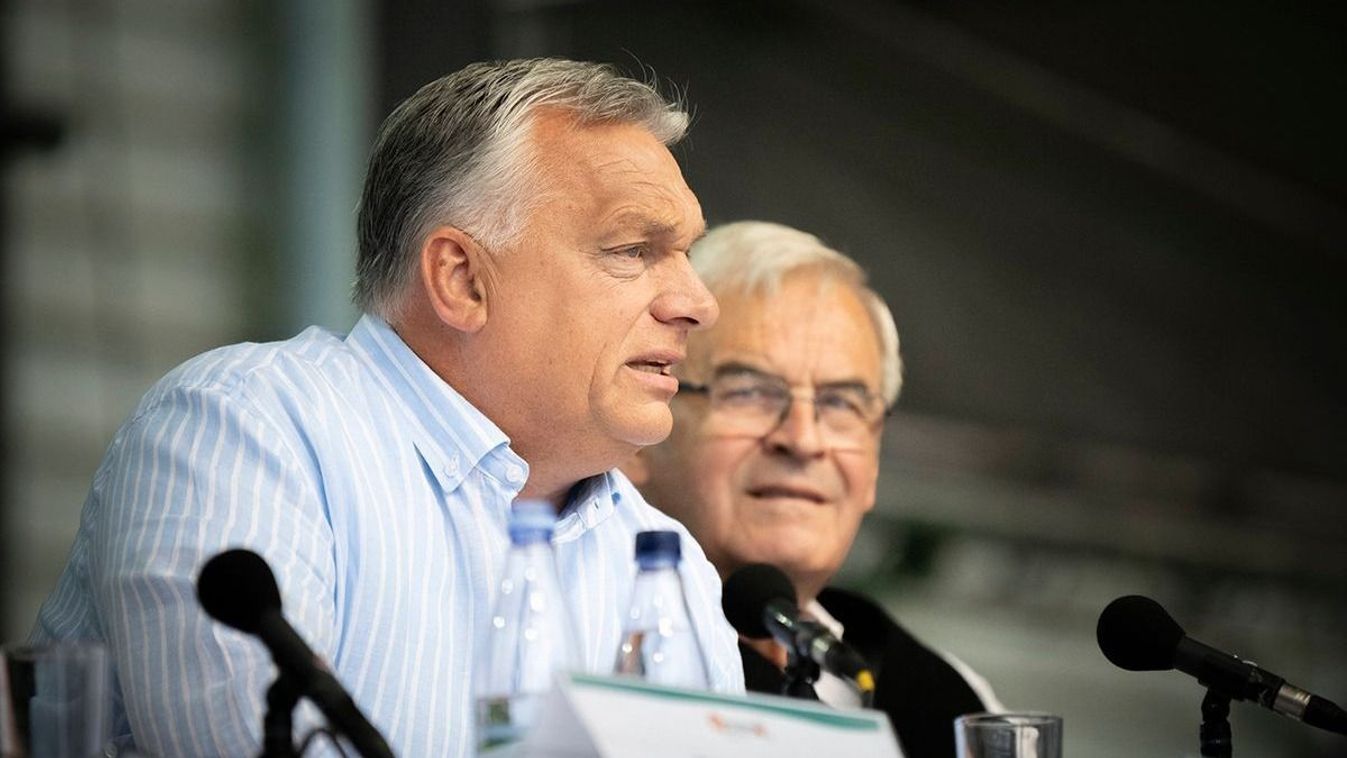

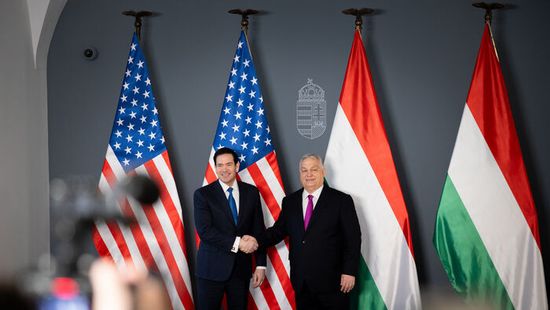
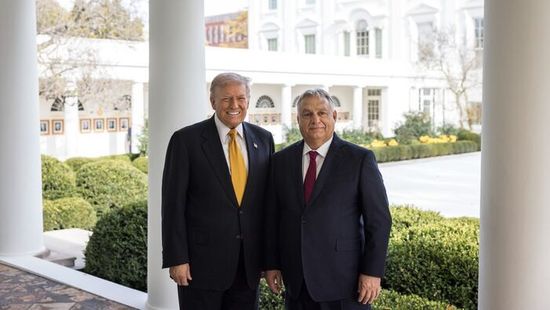
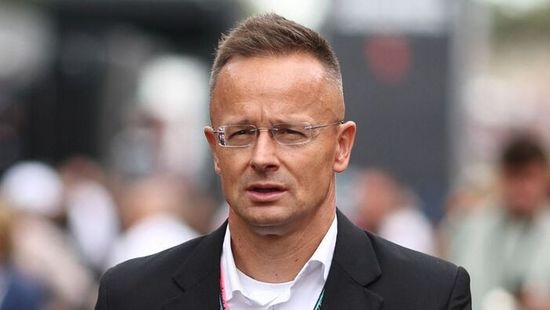

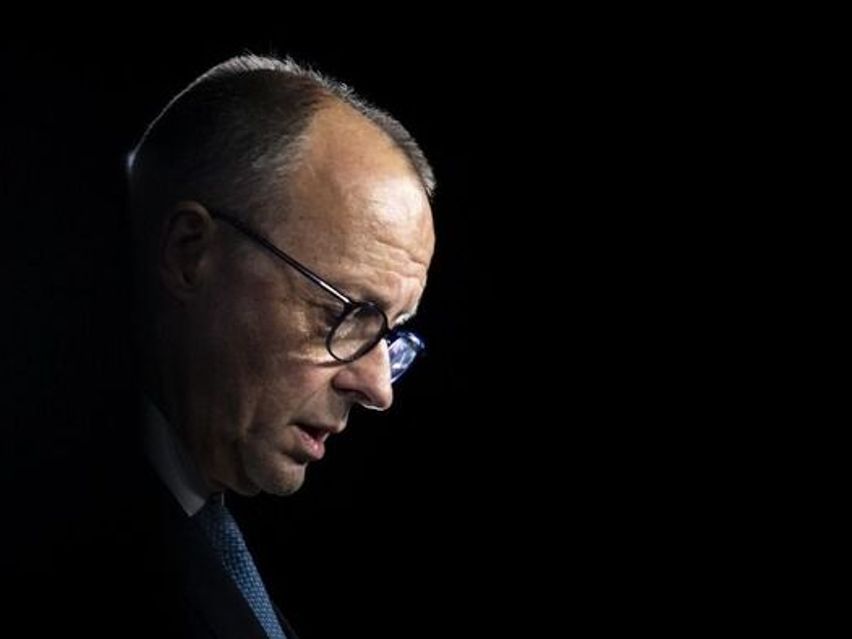
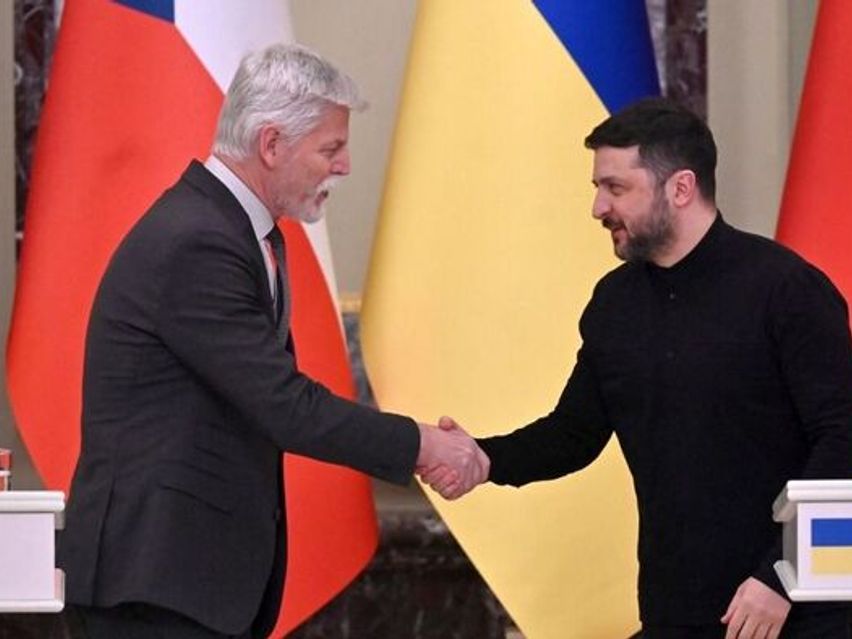
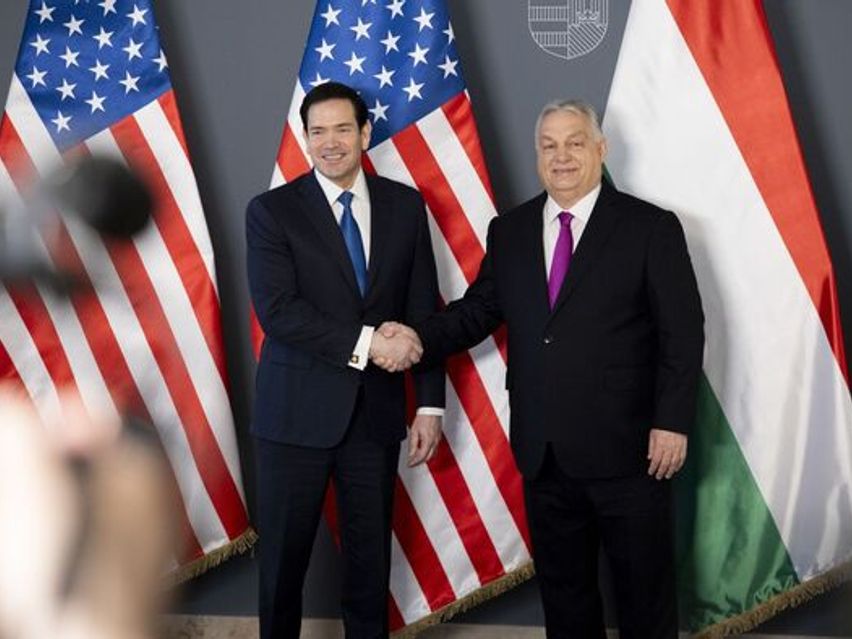
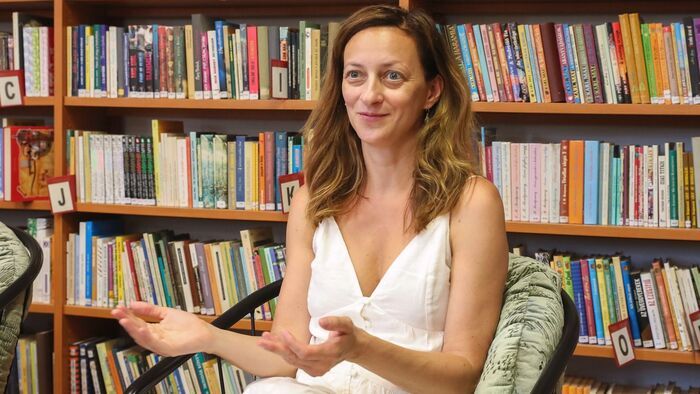

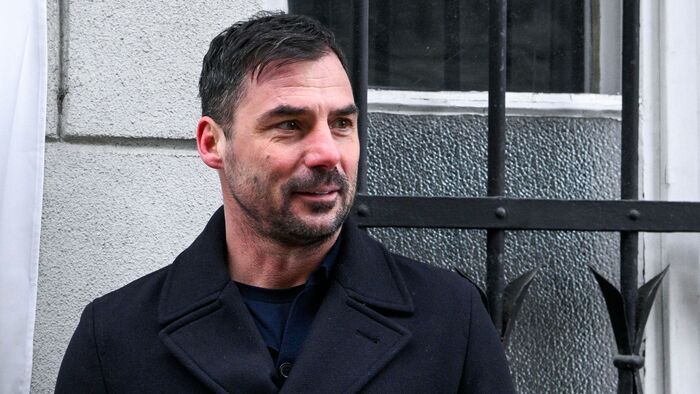

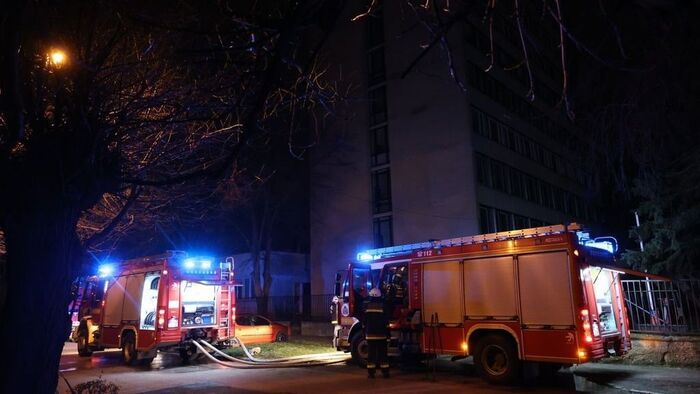

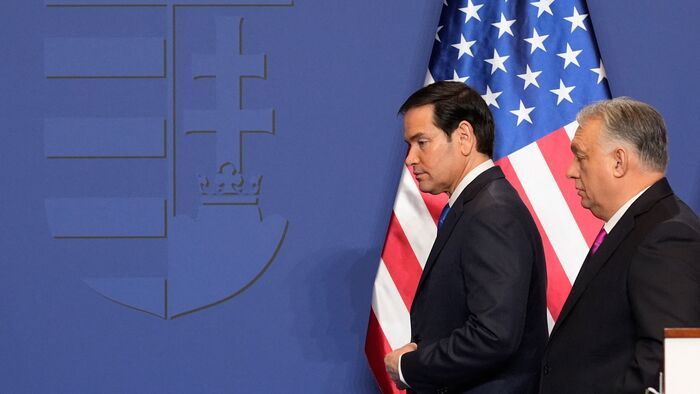
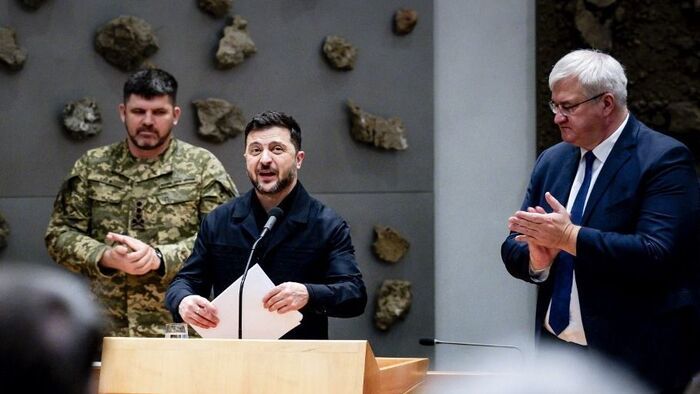
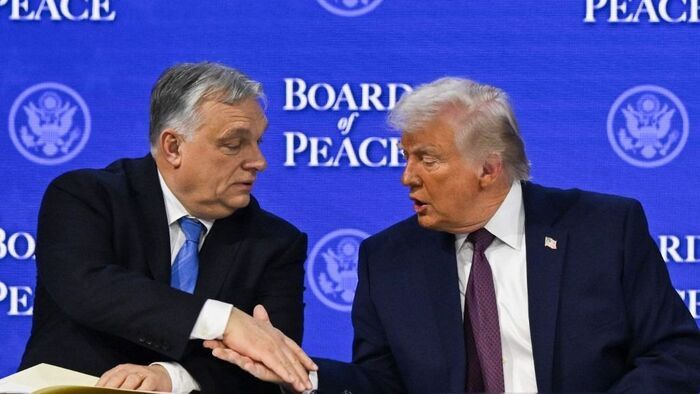





Szóljon hozzá!
Jelenleg csak a hozzászólások egy kis részét látja. Hozzászóláshoz és a további kommentek megtekintéséhez lépjen be, vagy regisztráljon!